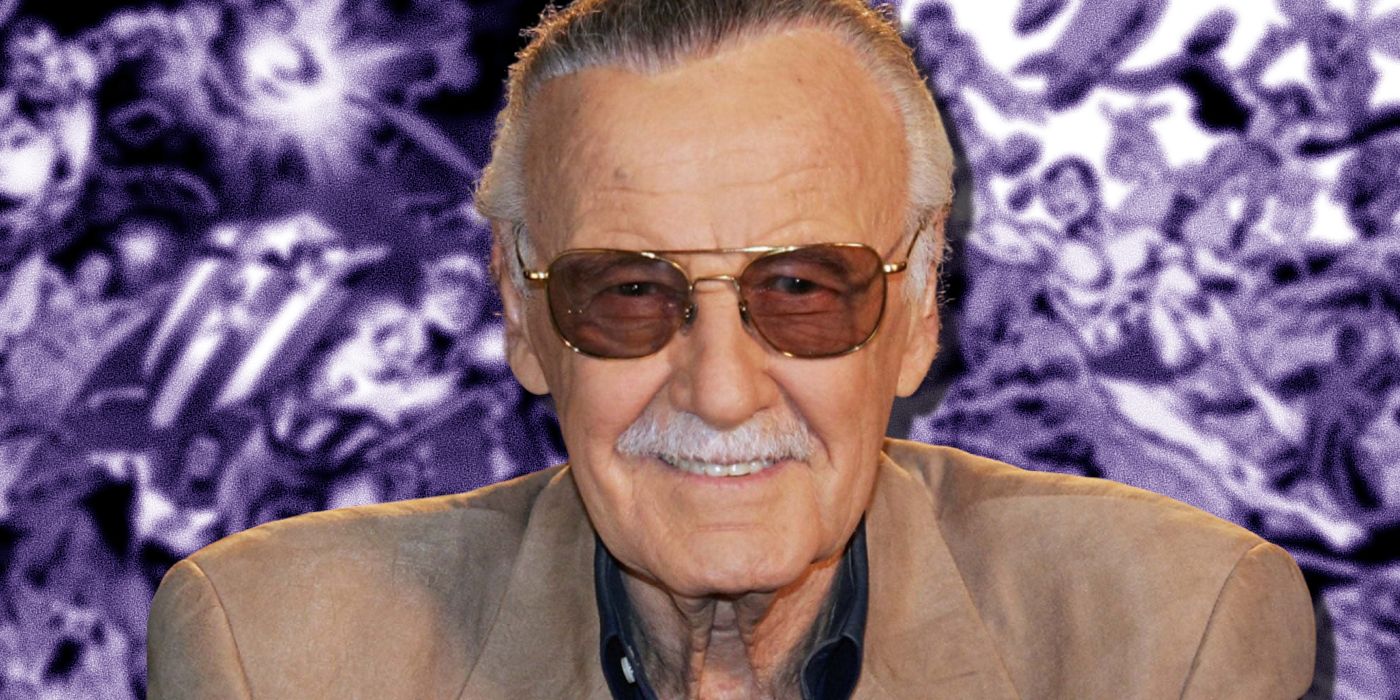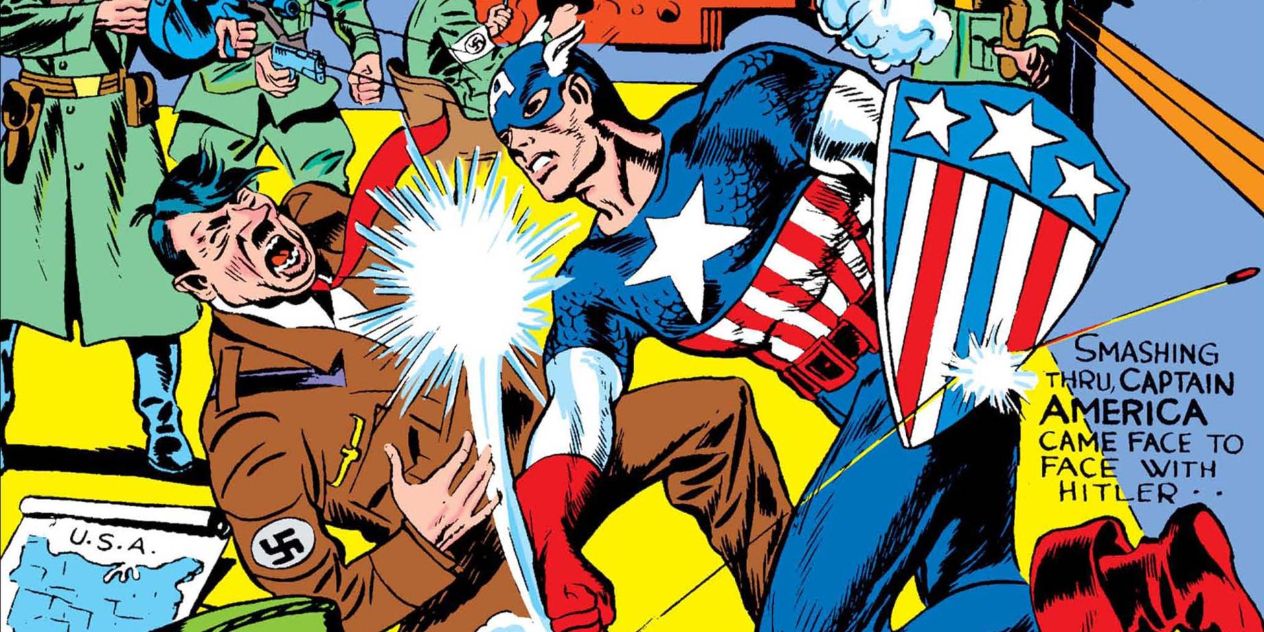There's no doubt that Stan Lee was a titan of the comic book industry, and though some comic fans credit his success more to his business acumen than his creative abilities, the very last piece of writing he professionally published proves that the man deserves his status as an icon.
Given his numerous cameos in MCU films, it might be easy for modern comic fans to think Lee was just Marvel's mascot. Given the man himself, that's not a totally unfair assessment. He worked hard to cultivate a very particular brand and image for Marvel, one that brought them enormous success in the 1960s and made them one of the biggest entertainment brands on the planet with the advent of the MCU. There's a reason Stan Lee invented a specific catchphrase to spite other companies; he wanted readers to understand that no other company was doing what Marvel was doing. Given Lee's heavy focus on business, it's easy to forget that he often understood the importance and impact of comic books better than some give him credit for.
In 2018's We Spoke Out: Comic Books and the Holocaust, the recently passed comic artist Neal Adams teams up with Holocaust scholar Rafael Medoff and comic historian Craig Yoe to talk about the American comic book industry's relationship to the Holocaust. The book opens with a foreword by Stan Lee himself where he talks about how superheroes have always been about much more than just escapism. To Lee, heroes can be just as powerful tools for education as they can for entertainment. He goes on to talk about how proud he is to work for an industry that was so willing to talk about the Holocaust long before most Americans really understood the full extent of its horrors. Lee ultimately makes the case that comics like Captain America were instrumental in helping shape public perception of Nazis and the Holocaust.
In the 1960s and 1970s, in the pages of comic books such as Marvel’s Captain America and Sgt. Fury, DC’s Star Spangled War Stories and Sgt. Rock, and James Warren’s Eerie magazine, writers and artists used the comics medium to teach young people about one of the darkest eras in human history. For more than a few, a story in a comic book was their first exposure to the Holocaust. I take great pride in the role comics creators played in introducing this topic.
The foreword is powerful and shows that Lee understood the importance of comic heroes. Comic books were at the forefront of combatting Nazism before World War II. When Captain America #1 was published, the prospect of going to war with Germany was still divisive among many Americans. But comics helped people understand exactly how evil the Nazis were. Lee himself would contribute to this with his first hero, The Destroyer. It's clear that Lee learned that comics were more than just mindless entertainment from these comics and applied that philosophy to everything he worked on in those early days. The prejudice faced by the X-Men, the struggles of a poor kid from Brooklyn with Spider-Man, and the anger issues of an outcast like Hulk resonated so well because they reflected real-world problems that many readers faced. At a time when Superman and Batman faced talking gorillas, these books were a breath of fresh air.
It's undeniable that Lee had his faults as a creator and businessman (there's a reason Jack Kirby turned Stan Lee into a DC villain), but it is also undeniable that he understood comic books and what makes them special. With his last published writing, Stan Lee proved why he more than deserves his status as a true legend.
Source: We Spoke Out: Comic Books and the Holocaust


